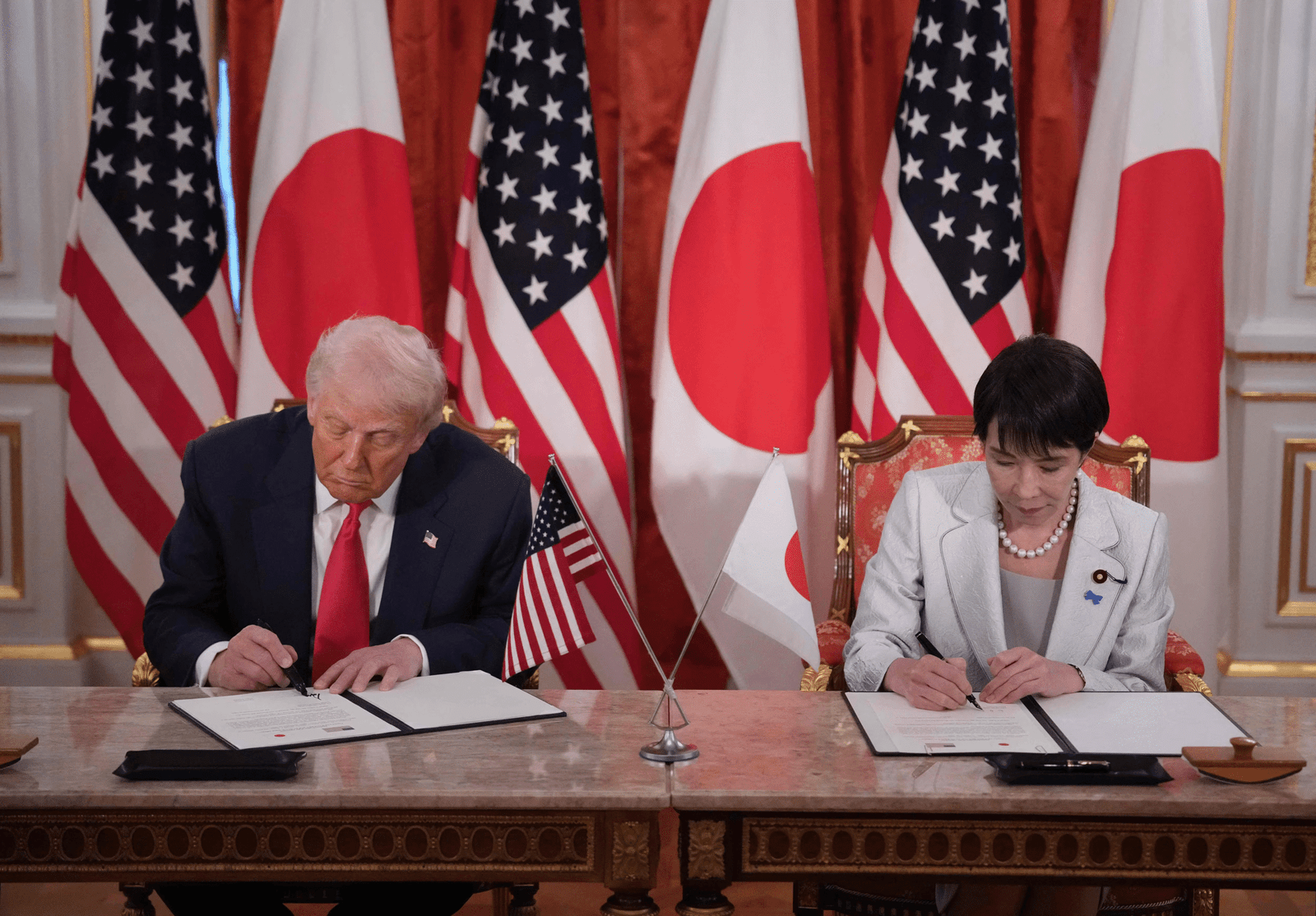As Georgia heads to the polls, concerns are growing over potential election interference and the possibility of renewed ties to the Kremlin. For many Georgians, the election represents a critical turning point, with fears that a pro-Russian administration could destabilize the region. Speculation around foreign influence, especially from Russia, looms over the political climate as voting begins, with multiple reports pointing to possible cyber threats and propaganda efforts aimed at swaying public opinion.
The stakes are particularly high due to Georgia’s aspirations for closer alignment with Western nations, including potential membership in the European Union and NATO. However, pro-Russian factions within the country have intensified their efforts, calling for policies that could pull Georgia back toward the Kremlin’s sphere of influence. International observers, especially from the United States and Europe, are closely monitoring the elections for signs of tampering or coercion.
Georgia’s opposition leaders have called on Western allies to support the democratic process, emphasizing the risks of weakened sovereignty should a pro-Russian candidate gain power. As concerns about election security mount, Georgians face a defining choice about the country’s future direction, either embracing Western alliances or risking the country’s autonomy under potential Kremlin influence.











